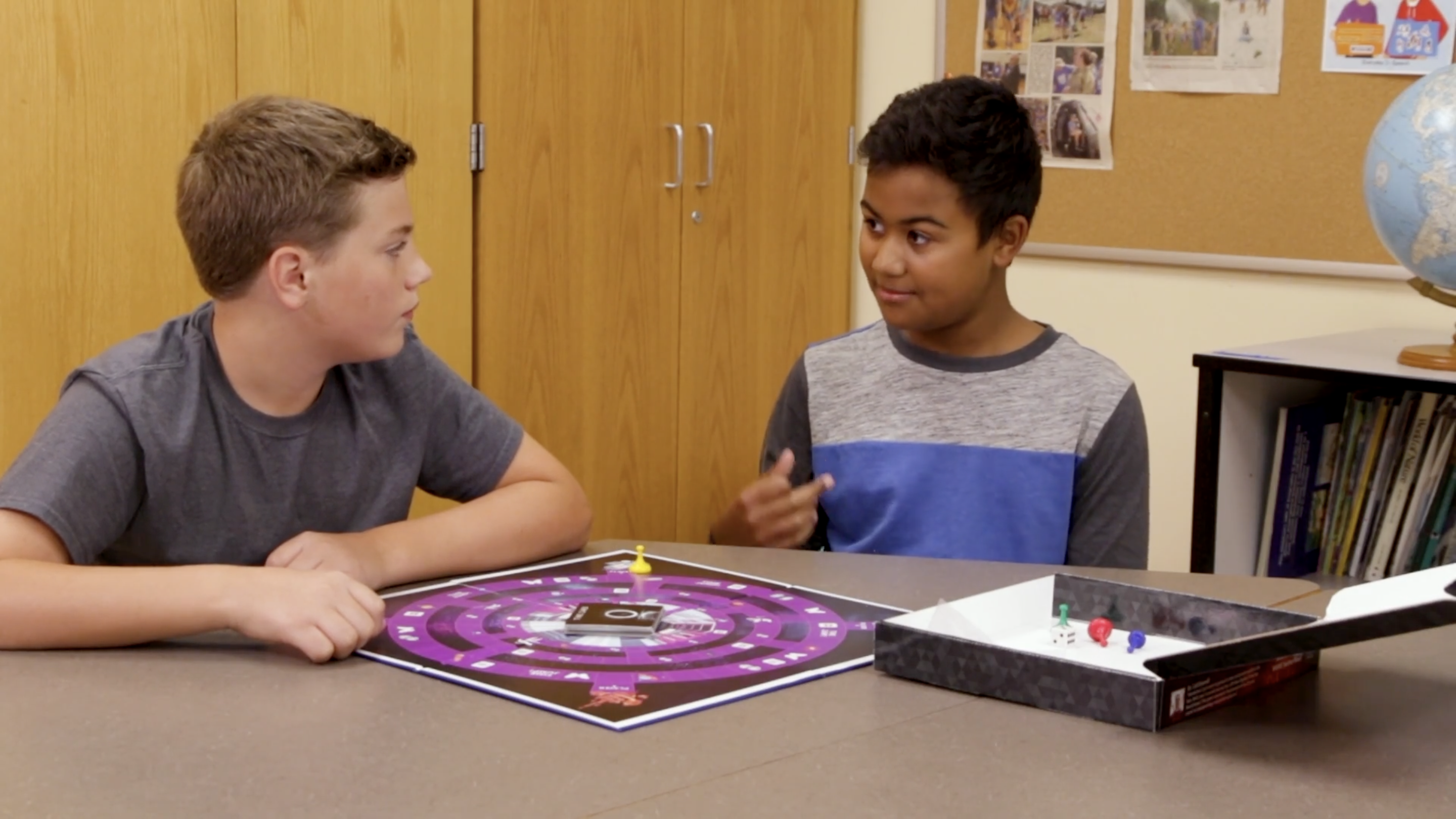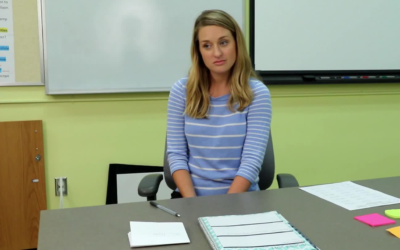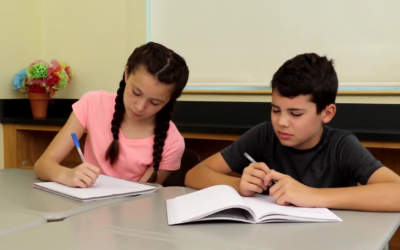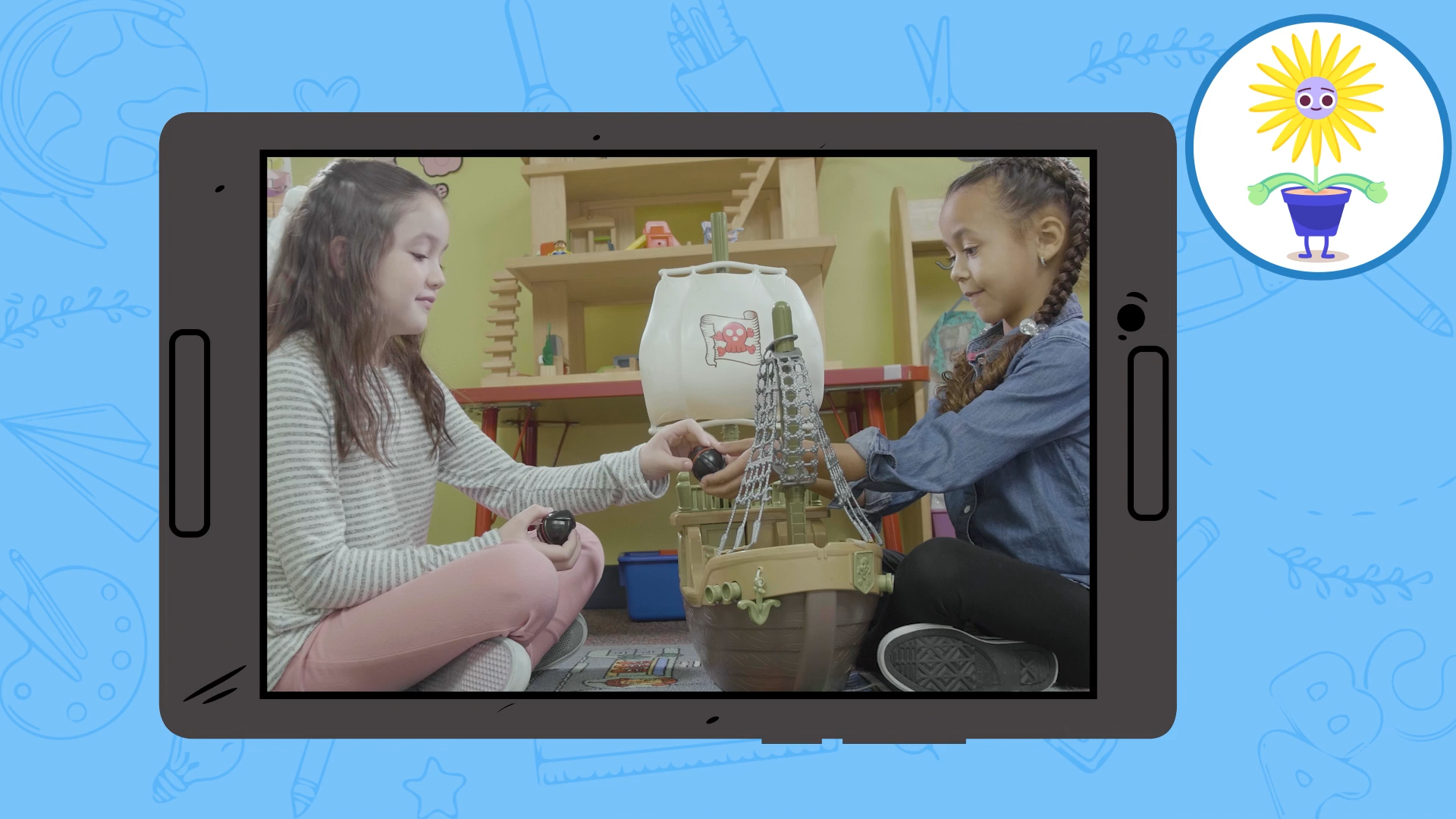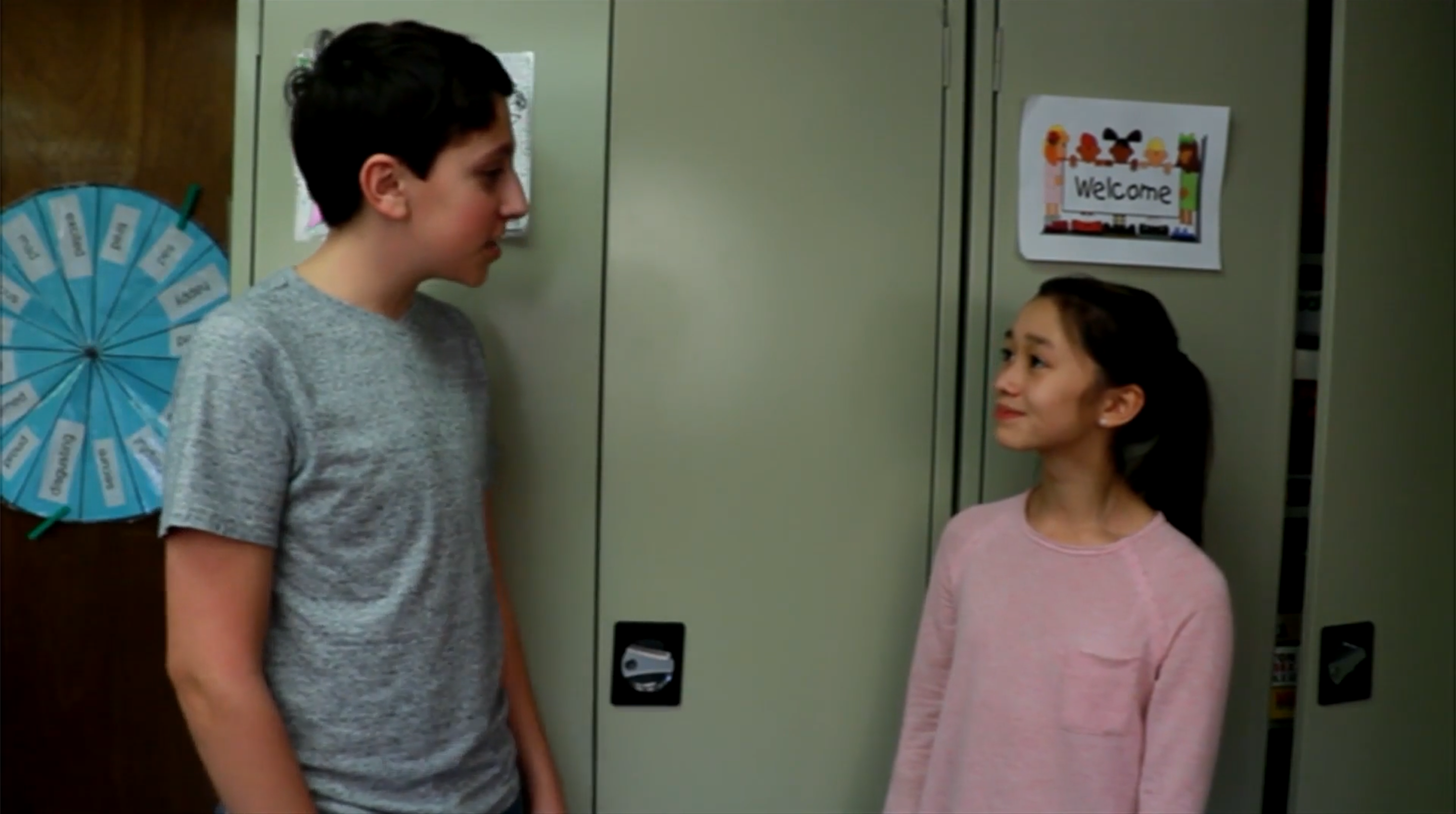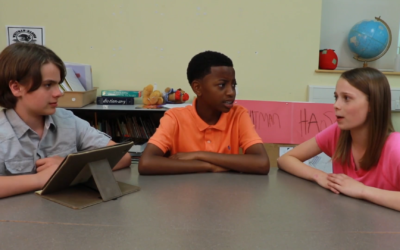Introduction In the realm of social-emotional learning, teaching students the importance of compromise is crucial. Compromise helps maintain positive relationships and resolves conflicts quickly. This blog post will provide educators with an easy-to-implement, no-prep...
Category: No-Prep Activity
Empathy in Special Education: Activities and Skills to Foster Connection
Introduction Empathy is a crucial skill for students in special education, as it enables them to understand and connect with others' feelings, creating stronger bonds and healthier relationships. By incorporating empathy-building activities into daily routines,...
Teaching High School Students Indirect Communication Skills for Addressing Mistakes Respectfully
Introduction It's a fact of life that everyone makes mistakes, including adults like parents and teachers. In high school, students may sometimes need to point out mistakes made by their educators. It's crucial to teach them how to communicate these issues...
Teaching the Restaurant Rules: Enhancing Social Skills During Meals
As educators, it's important to help our students develop their social skills, especially during mealtimes. This blog post will introduce you to a concept called the Restaurant Rules, which can guide students on how to behave when eating with others. We will also...
Teaching Personal Space: A No-Prep Activity for PreK Educators
Introduction Personal space is an essential concept for young children to learn, as it helps them develop a sense of boundaries, respect, and empathy for others. By teaching students the importance of personal space, educators can help them build strong...
Teaching Kindergarten Students Self-Advocacy and Communication Skills
Introduction As educators, one of our primary goals is to help our students develop essential life skills that will empower them to navigate various situations with confidence. In this blog post, we will discuss a set of skills centered around self-advocacy,...
Taking a Break: Teaching Kindergarten Students the Importance of Self-Regulation
Introduction Teaching young children to recognize when they need to take a break is an essential skill in their development. This skill, which is a key component of Social-Emotional Learning, helps children develop self-regulation, manage their emotions, and engage in...
Teaching Students the Art of Introducing Themselves: A Guide for Educators
Introduction Introducing ourselves is an essential skill that allows us to create connections and start conversations with new people. As educators, it is our responsibility to teach students the art of introducing themselves effectively. This not only helps them...
Teaching Flexibility and Adaptability in Special Education: Activities and Discussions
Introduction As educators, we strive to equip our students with the skills they need to navigate life's challenges. One such essential skill is adaptability or flexibility. This ability to cope with changes in plans and expectations helps students maintain a positive...

